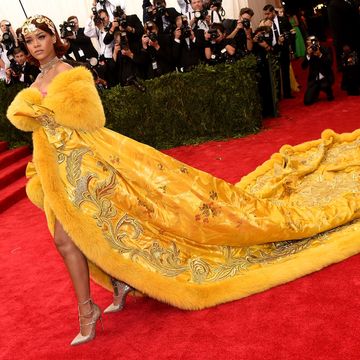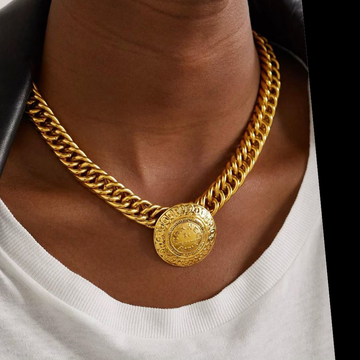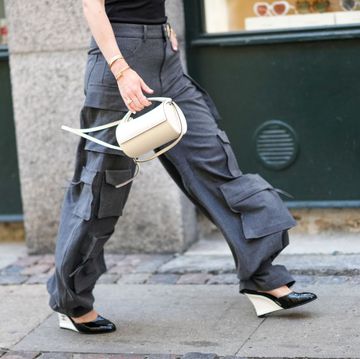The British high street retailer disclosed that it was facing bankruptcy and seeking fresh investment earlier this week. Last-ditch talks with Barclays and the Royal Bank of Scotland failed to raise the funds that would have saved the company from caving.
Peacocks is a brand with great heritage, and it is with deep sadness that we have been left with no other option but to place the business into administration, CEO Richard Kirk said in a statement. We have worked tirelessly over the past year to agree a new financial structure to take the business forward in the current, tough retail environment, including seeking new investment for the business.
Entering administration leaves nearly 9,600 employees at Peacocks 563 stores and 48 retail concessions in limbo.
On Thursday afternoon, administrators KPMG said the stores would remain open as the company sought a buyer. KPMG also said Peacocks had made a first round of redundancies at its headquarters.
It is with regret we have made 249 redundancies at Peacocks head office in Cardiff, which follow a commercial review of the staffing levels of the business, Chris Laverty, joint administrator and restructuring partner at KPMG, said in a statement. No stores have been closed and will continue to operate as normal whilst we actively search for a buyer for the business.
The retailer recently rose to greater prominence in the fashion world as a result of its collaboration with Pearl Lowe. The former singer created a well-received line of vintage-inspired dresses and a childrens collection. Pearls daughter Daisy Lowe fronted campaigns for the figure-flattering dresses, and her youngest daughter Bluebell modelled the childrenswear.
As news about Peacocks position emerged, Primark released strong trading results for the holiday shopping period. Sales rose by 16% over the 16 weeks to 7 January, leading the finance director of Primarks holding company to comment that the cut-price retailer had taken market share from its peers.
Alicia Forry, analyst at Collins Stewart, suggested that Primark outpaced Peacocks on the basis of its broader product range, broader demographic appeal and stronger perception of value.
'My sense is that Primark has built a reputation for itself as a shopping destination, Forry said. People like to go to Primarkit doesnt have the negative connotation that some of the other lower-end value fashion stores can sometimes have. Primark also skews to a slightly older demographic, or at least a broader one, and it is faster than a lot of its competitors.












